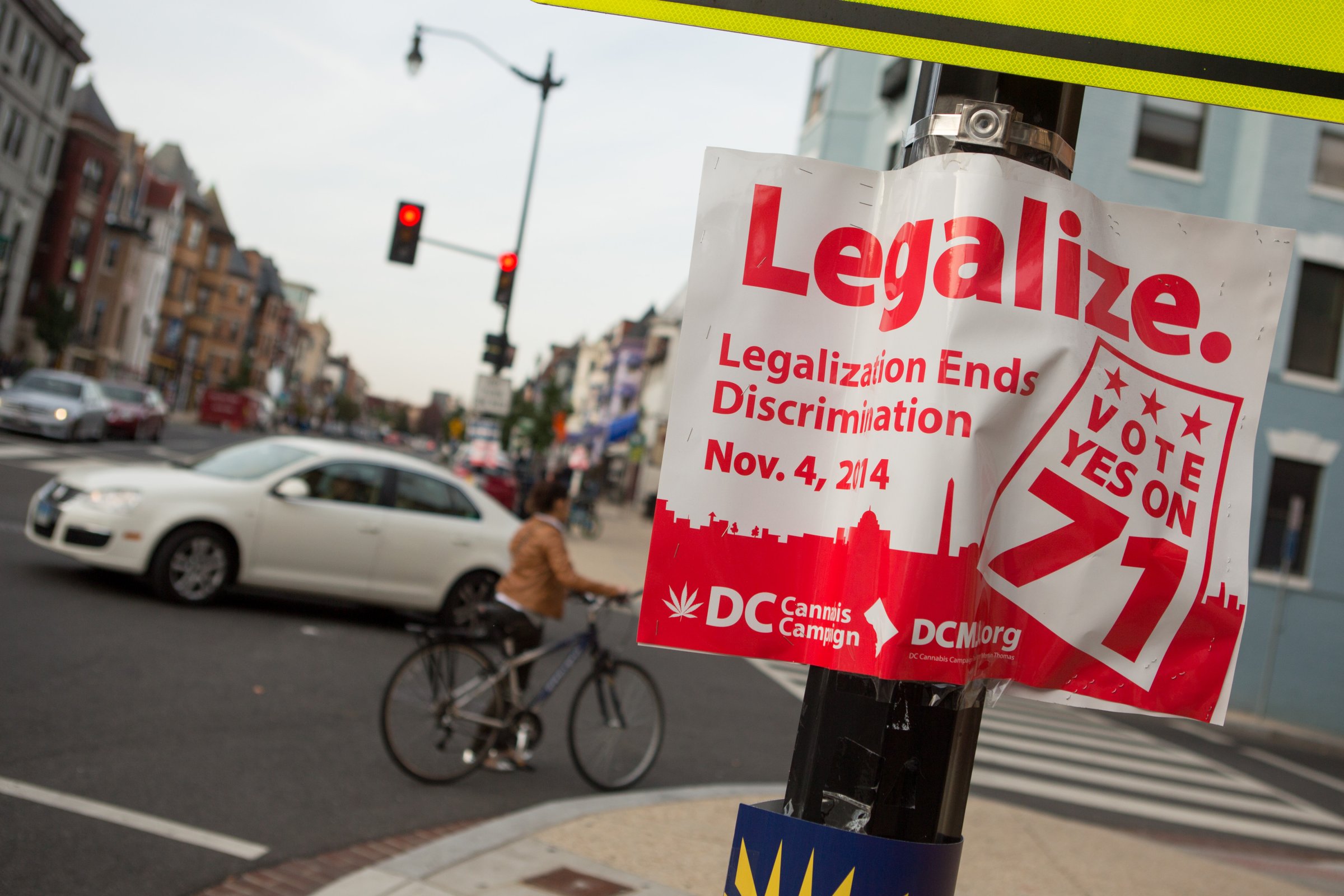
Marty Nemko is a career and personal coach.
America just took three steps toward nationally legal marijuana: Oregon, Alaska, and D.C. Should we be lighting up a celebratory doobie? I don’t think so.
Children
The nation is wringing its hands about its student achievement. In the latest international comparison, as I cited in a recent TIME article, the U.S. finished below average among the 34 OECD nations, despite being No. 1 in the world in per-student spending. Yet we’re legalizing pot, which may cause far greater damage than once thought:
And the risks are not just to mental health but to physical:
Pot advocates try to dismiss all that by pointing out that marijuana is being legalized only for adults. But as with alcohol, wider availability filters down to kids. And with pot legal for adults, the black market will likely redirect its efforts to teens, where, as cited, the damage of marijuana use is greater and more irreversible.
There’s already evidence of that. Dr. Christian Thurstone, Colorado Child and Adolescent Psychiatric Society president and youth addiction researcher at the University of Colorado-Denver, reported that his clinic has been “inundated with young people reporting for marijuana-addiction treatment. Every day, we see the acute effects of the policy of legalization. And our kids are paying a great price.”
Go Inside the Harvest of Colorado's Most Controversial Marijuana Strain
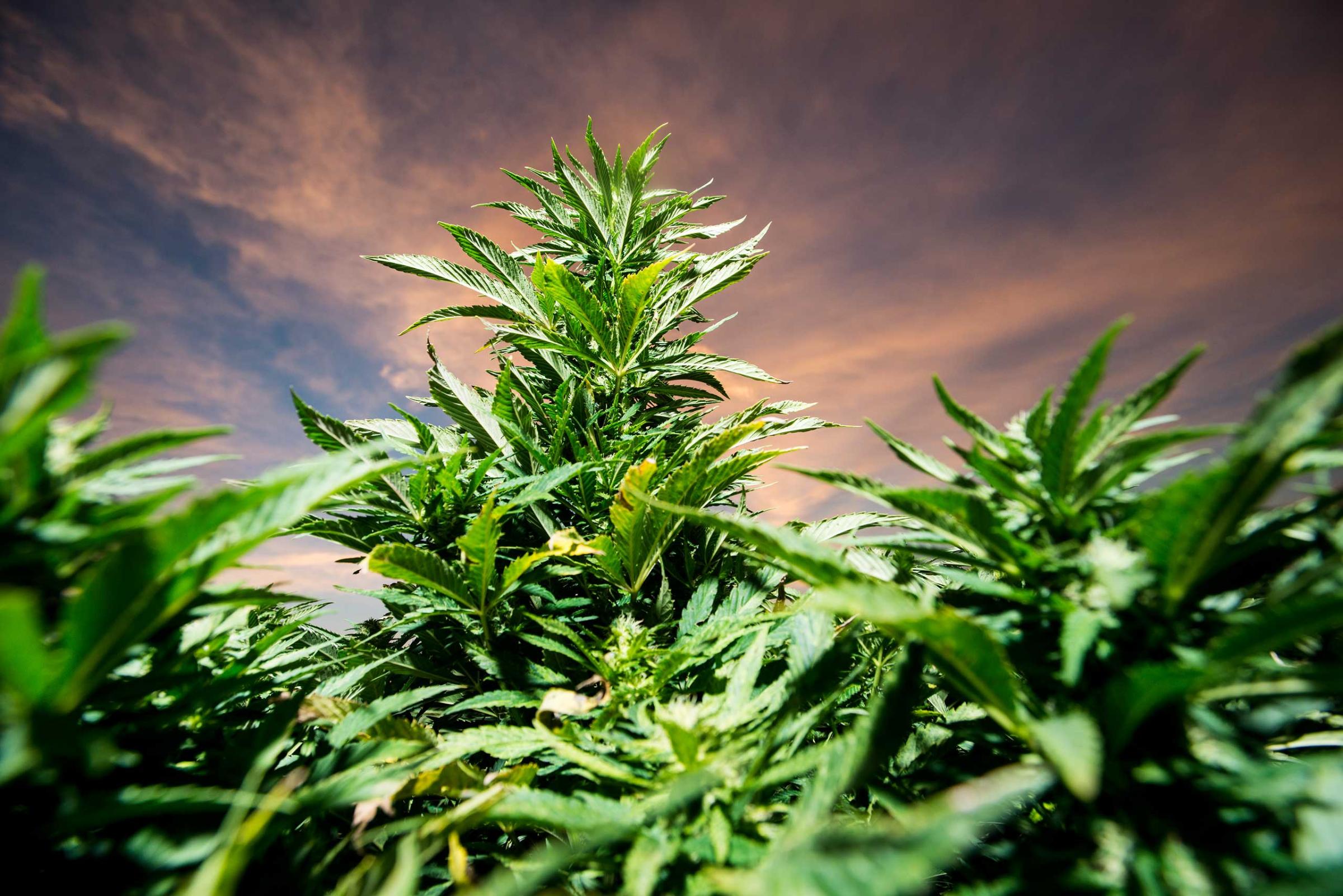
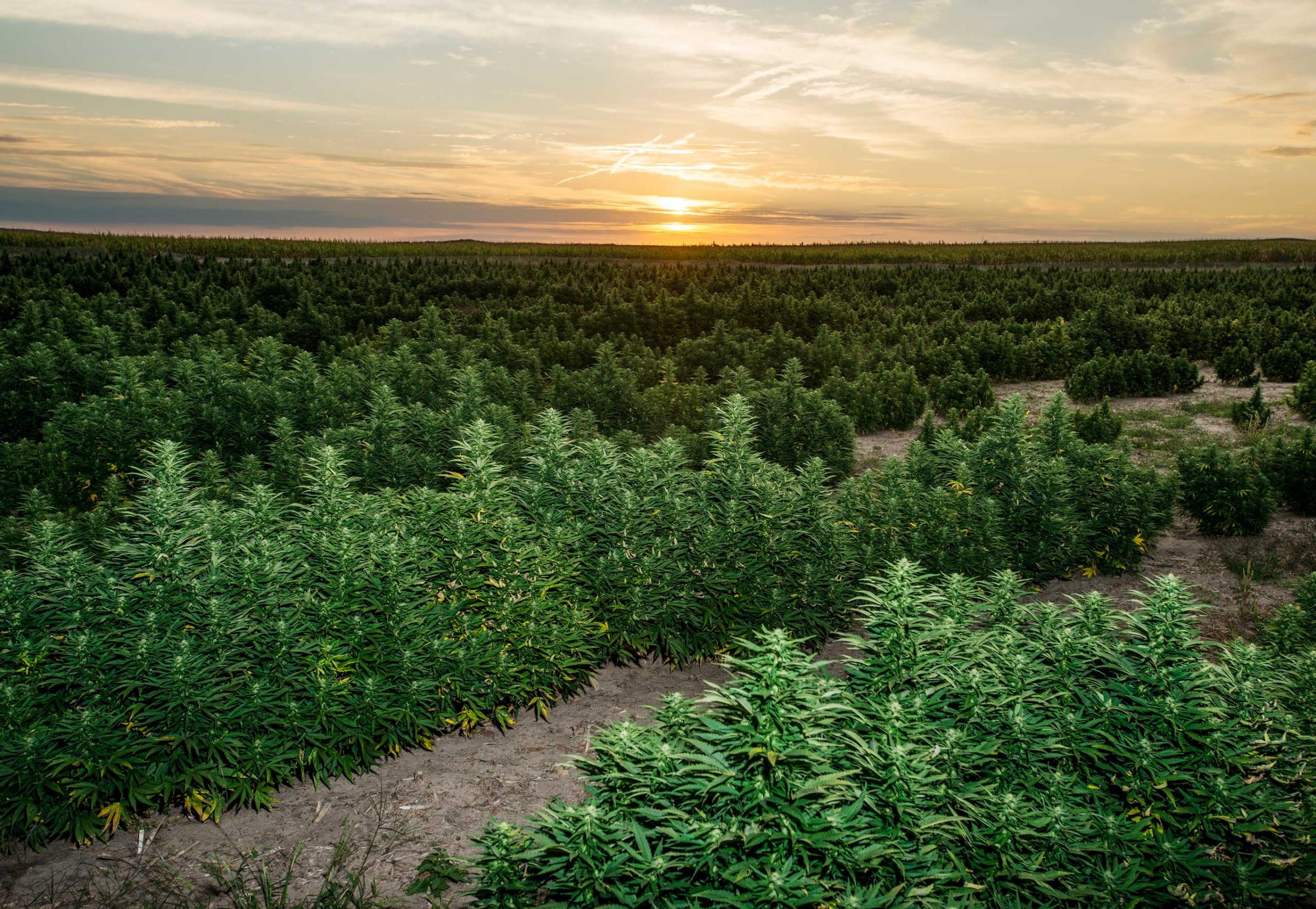
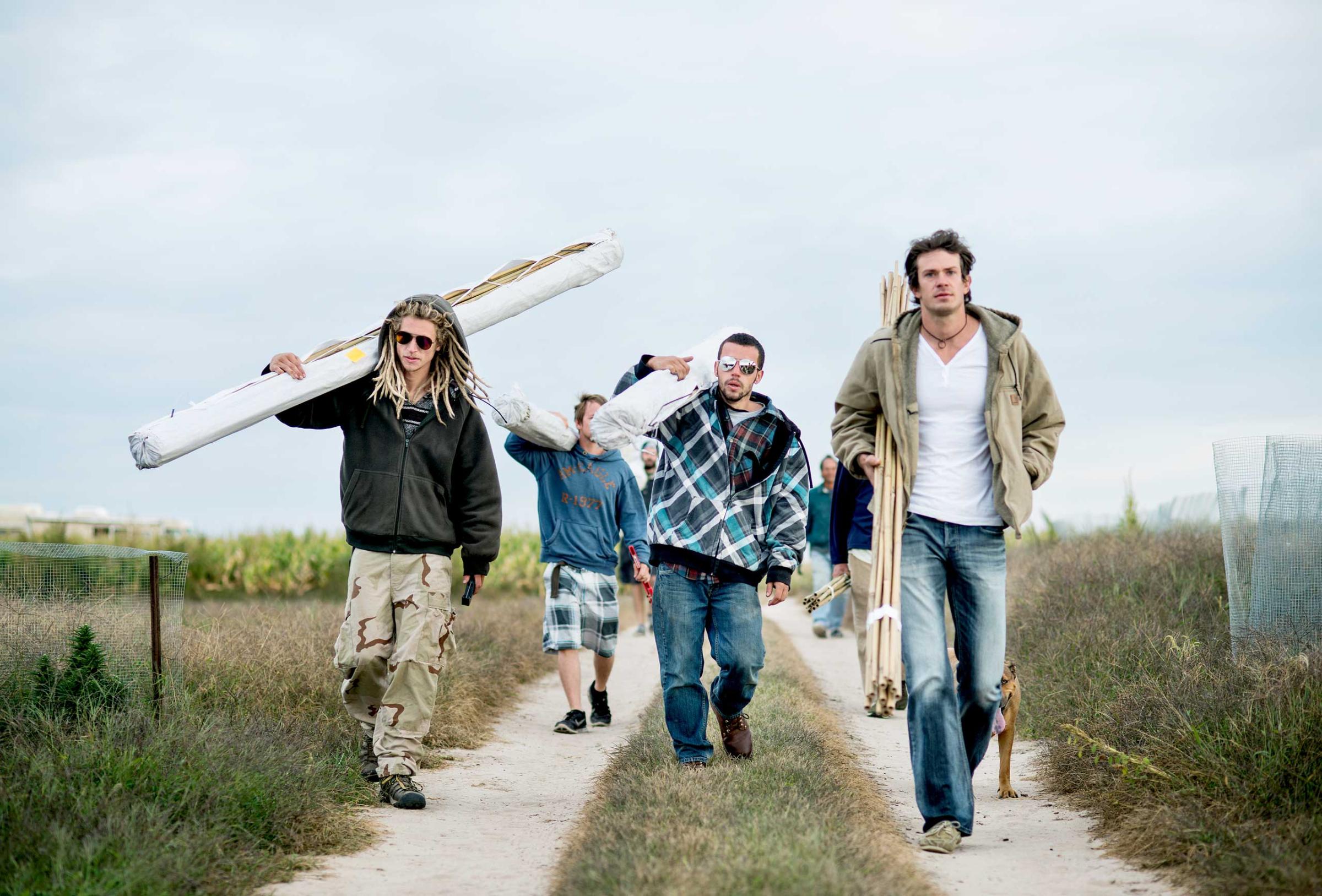
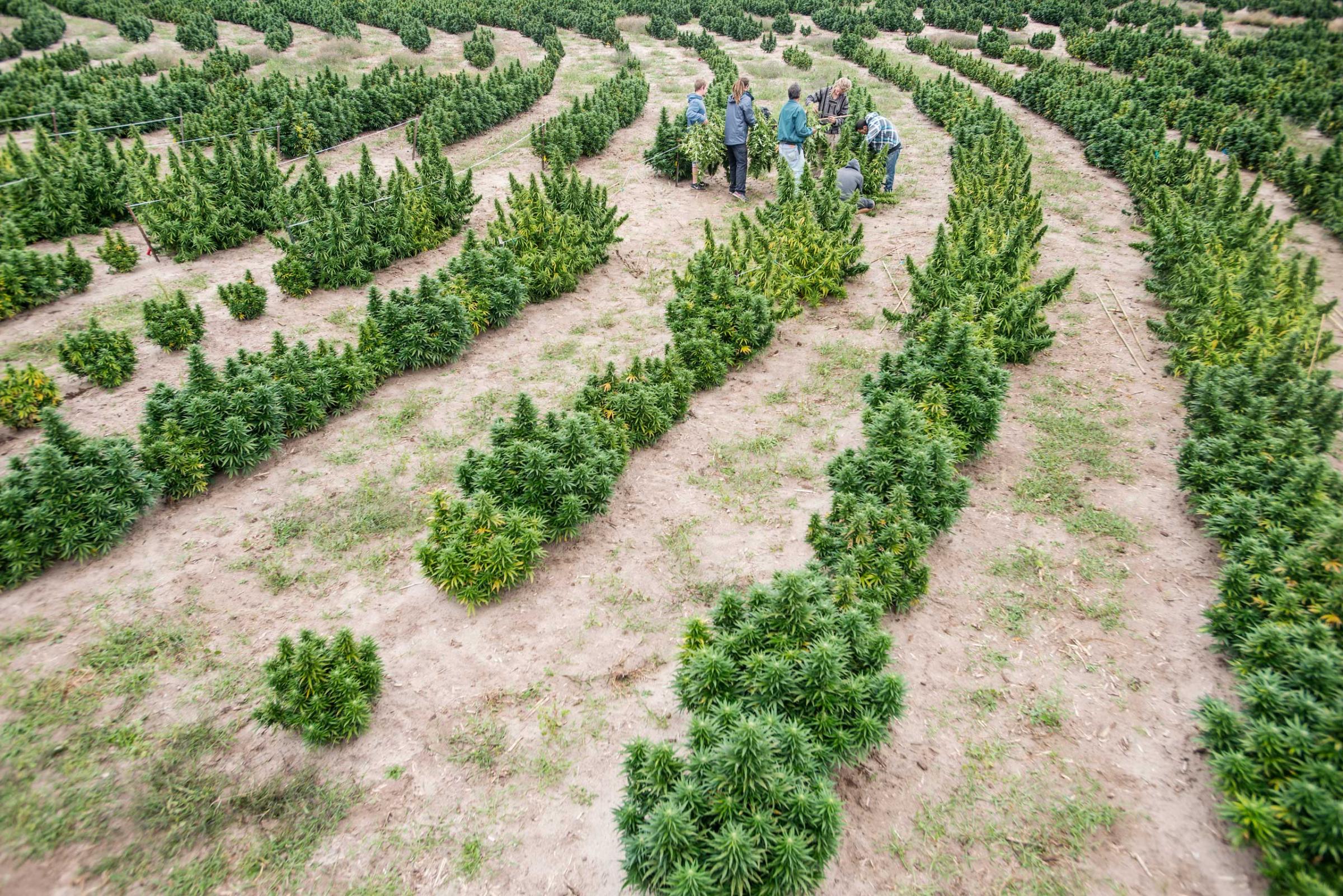
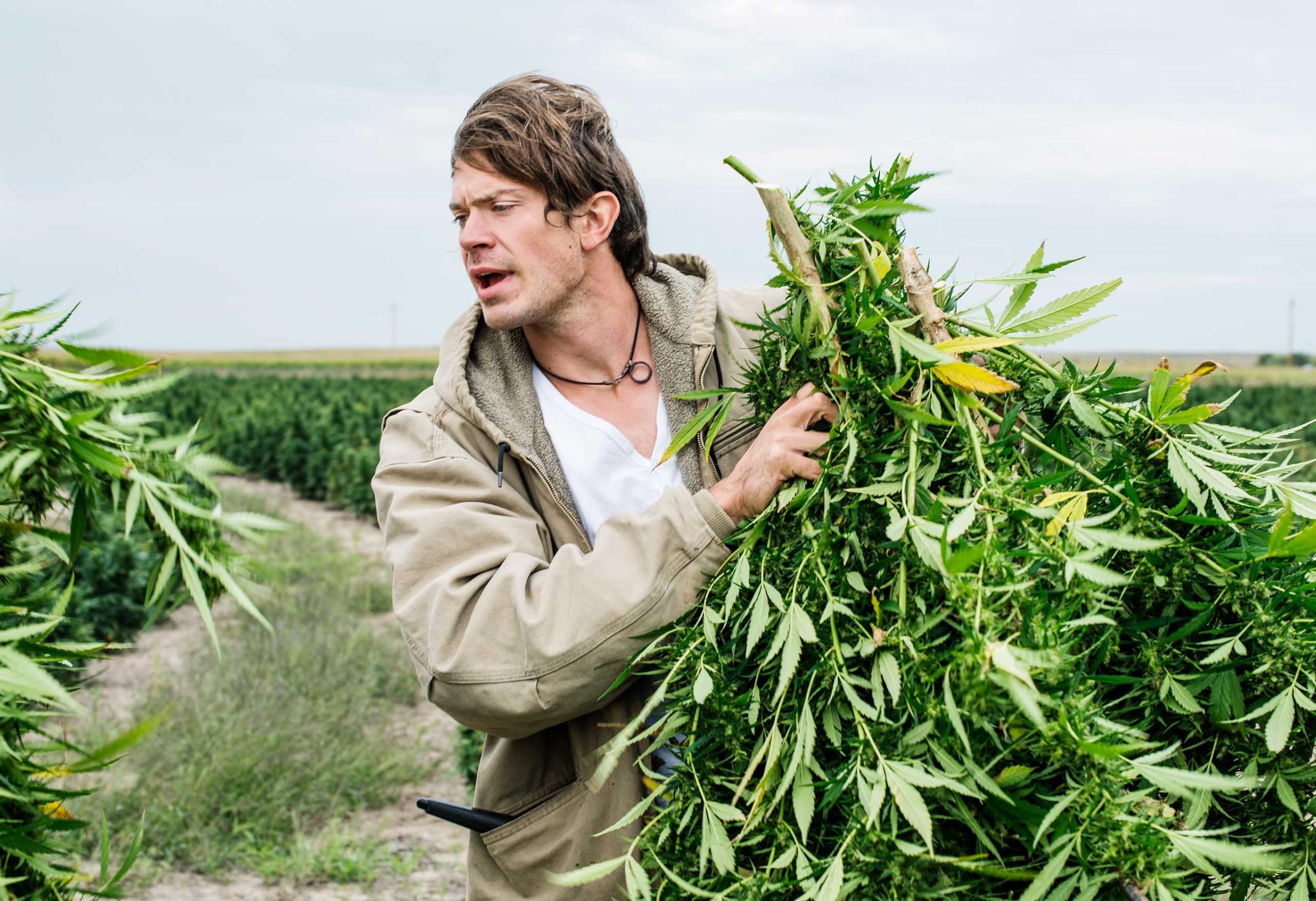
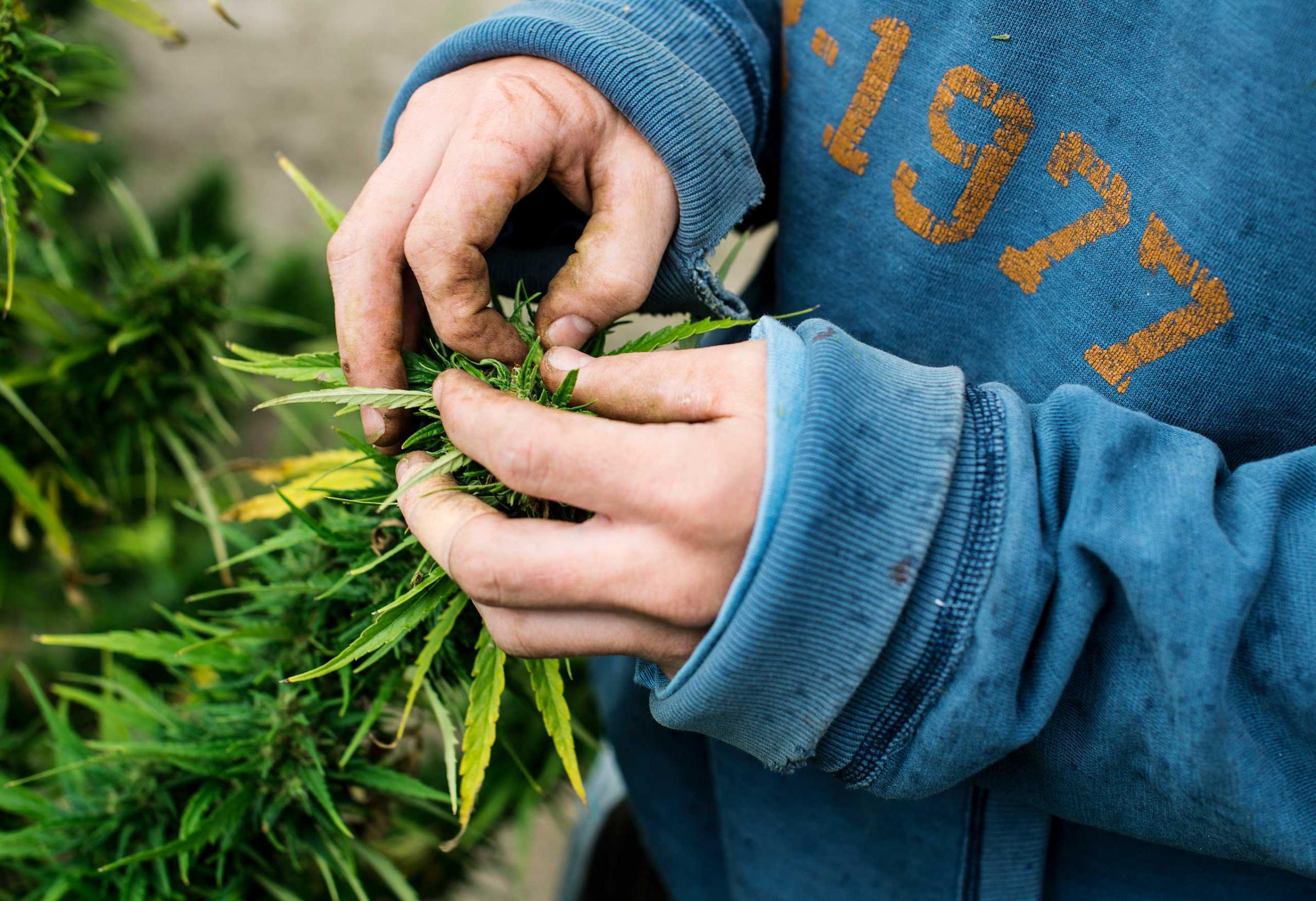
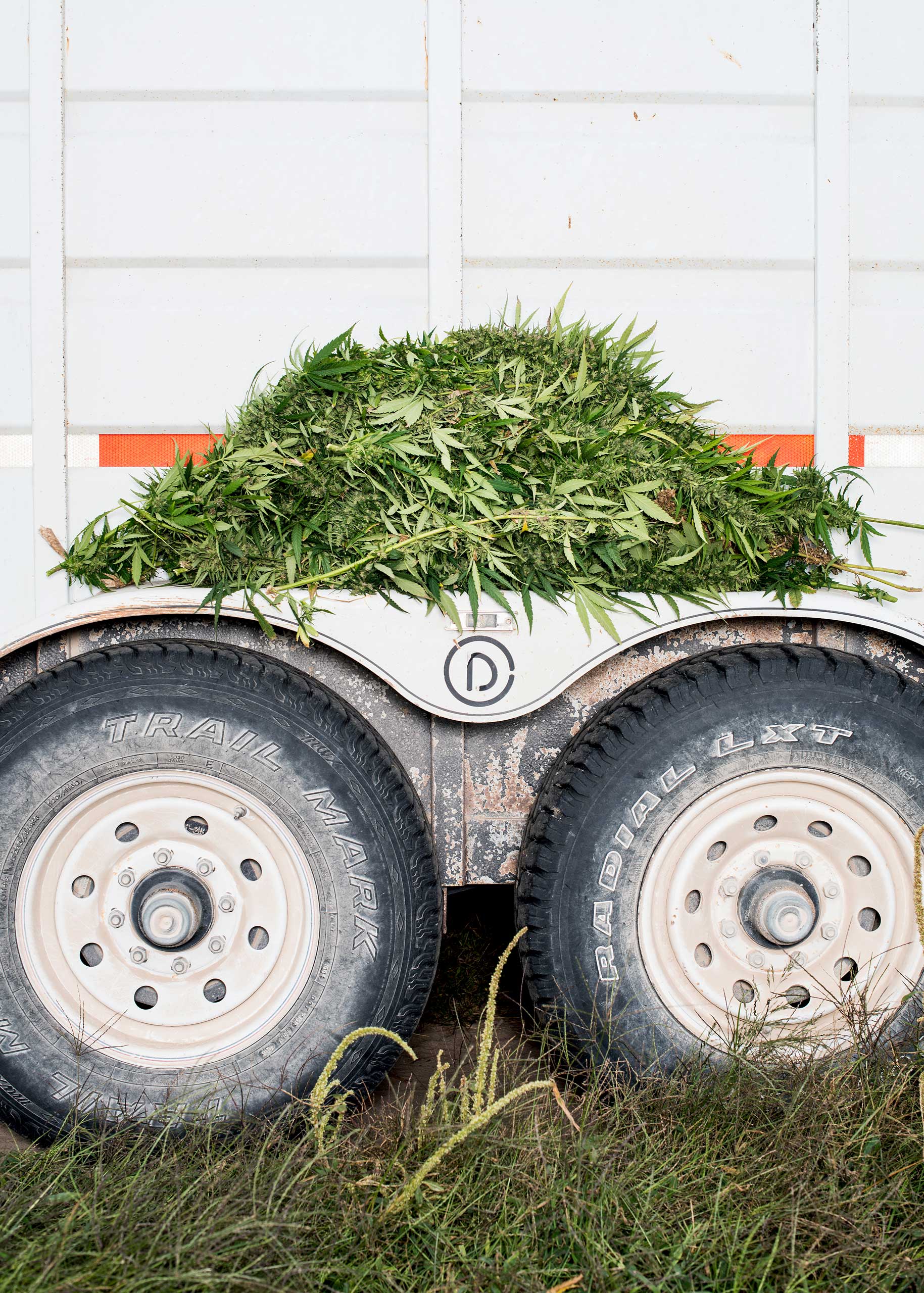
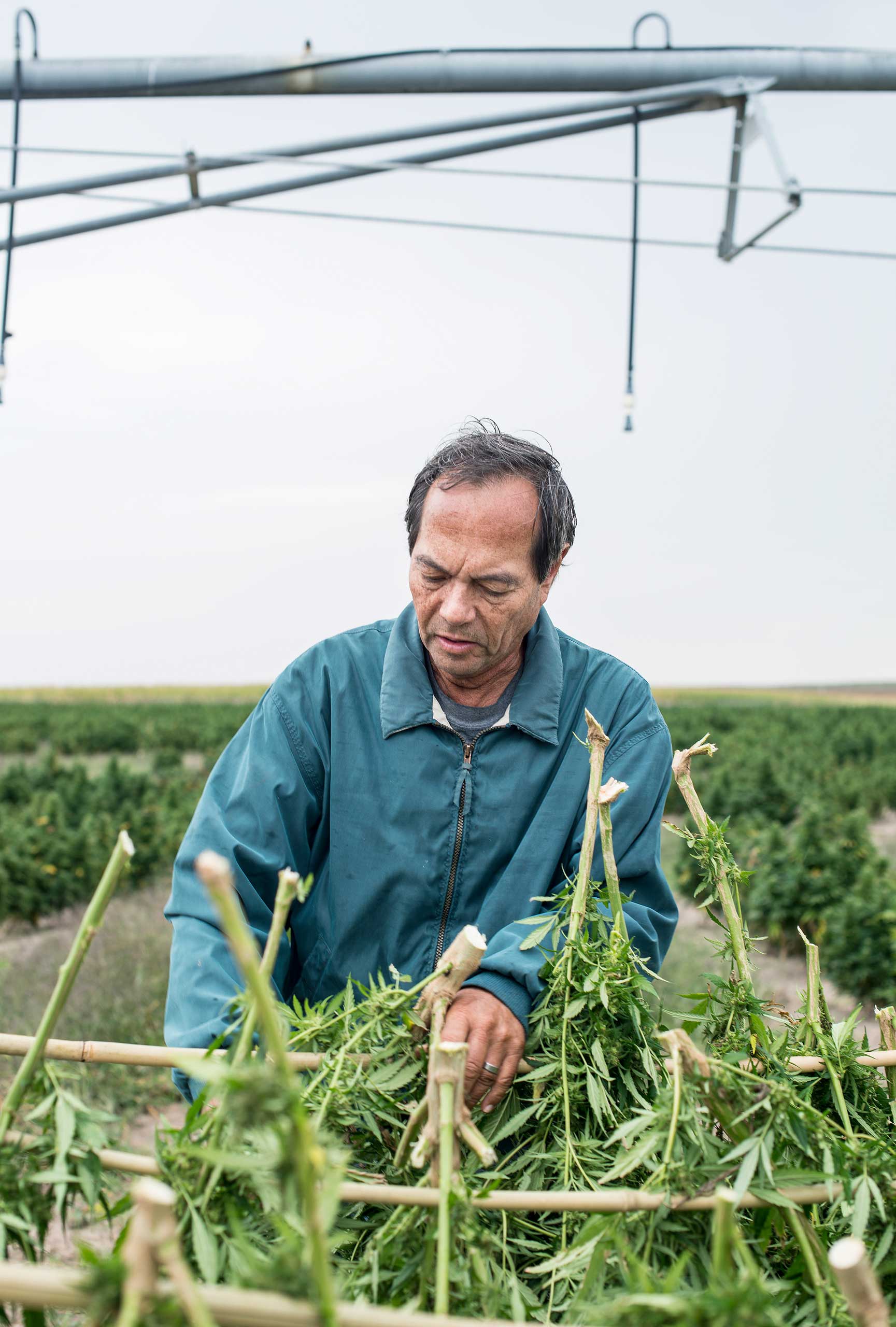
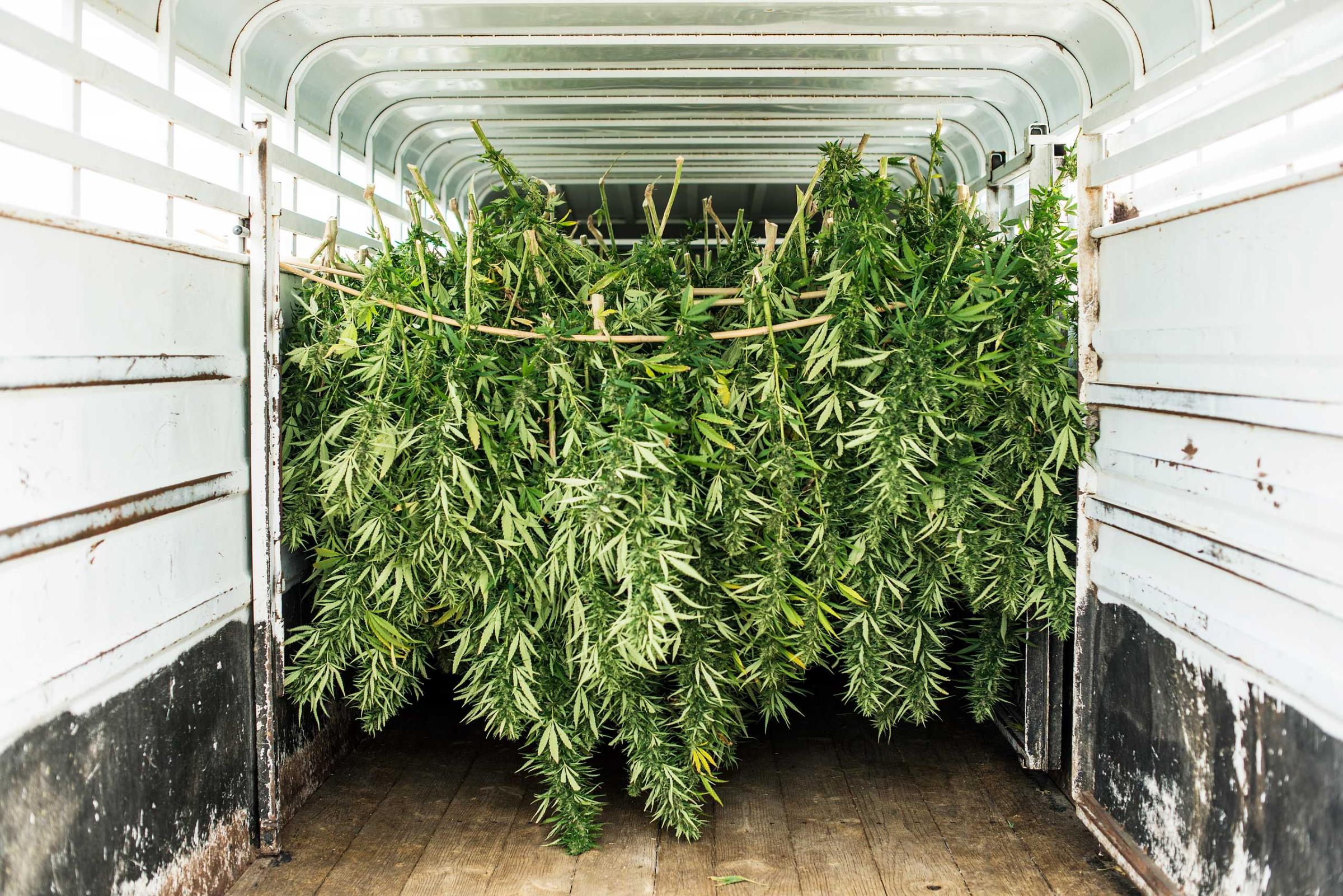

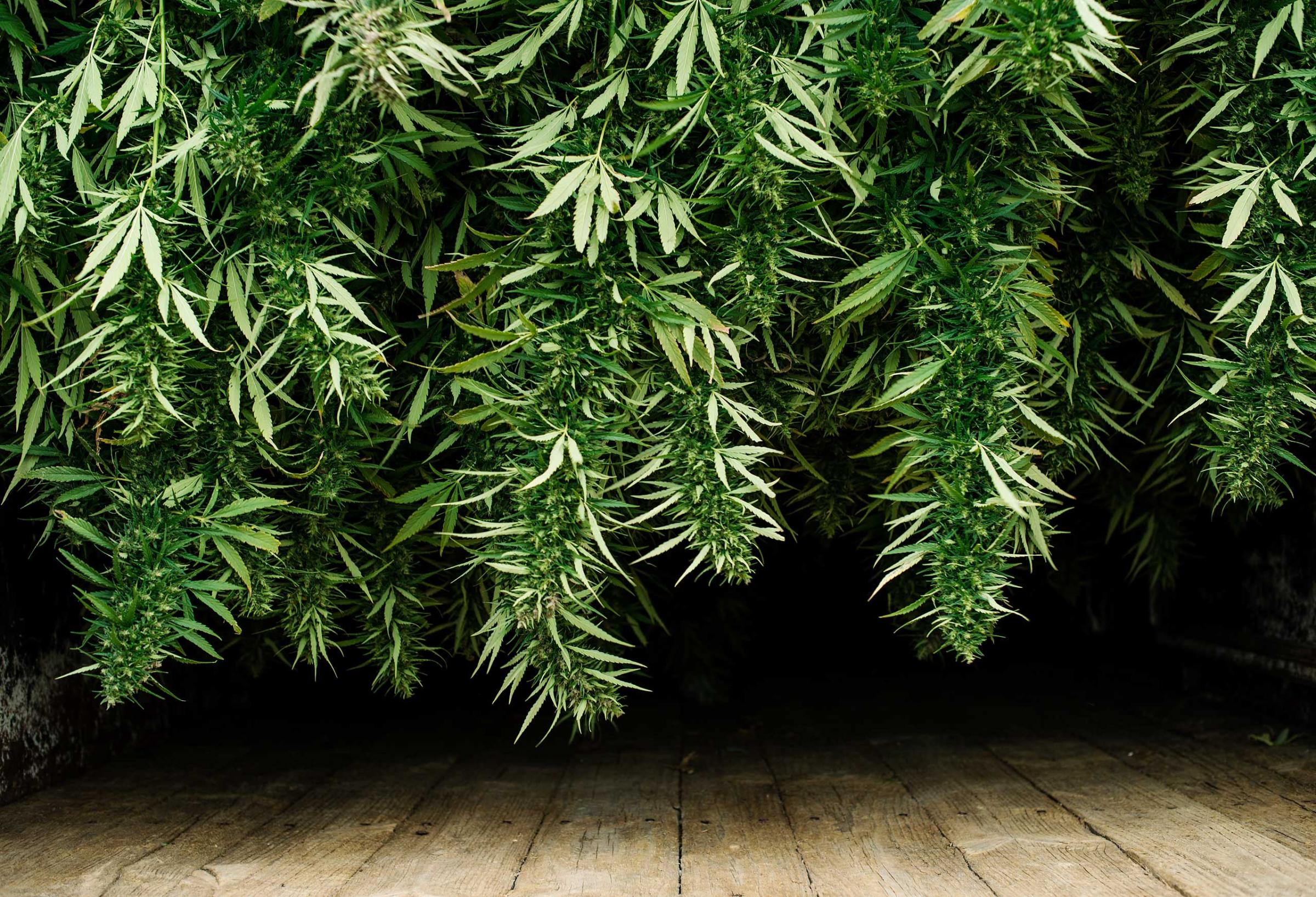
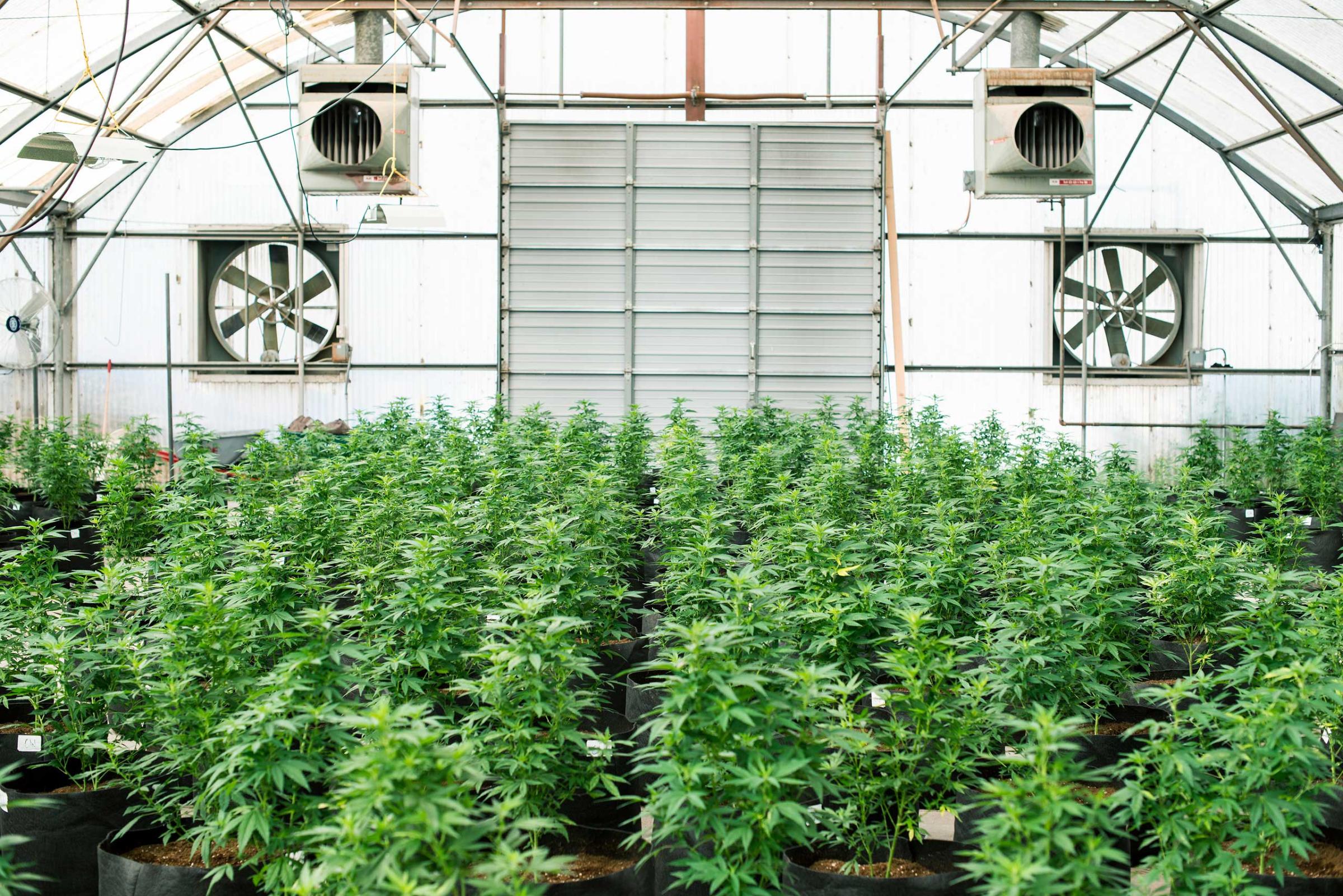
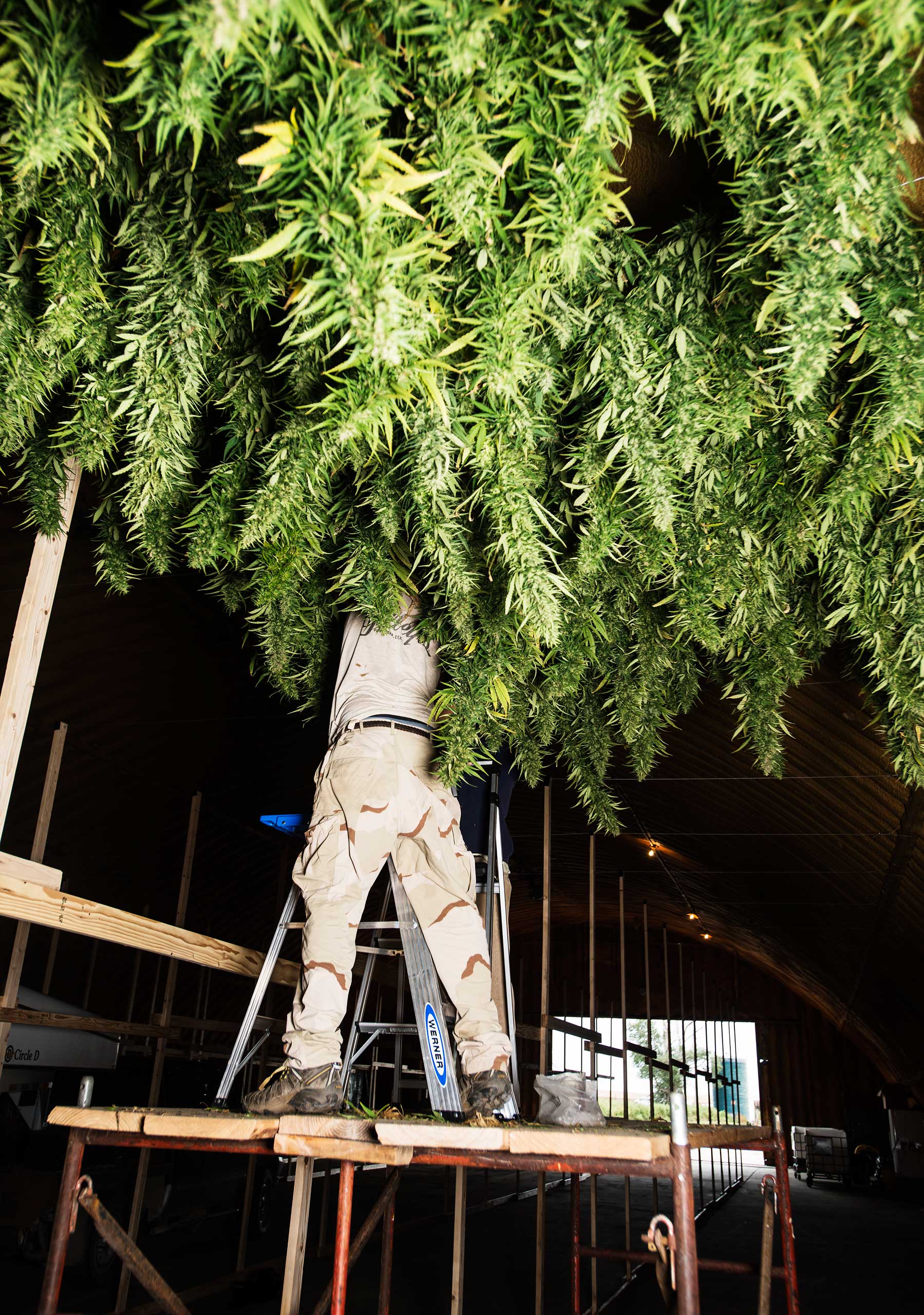
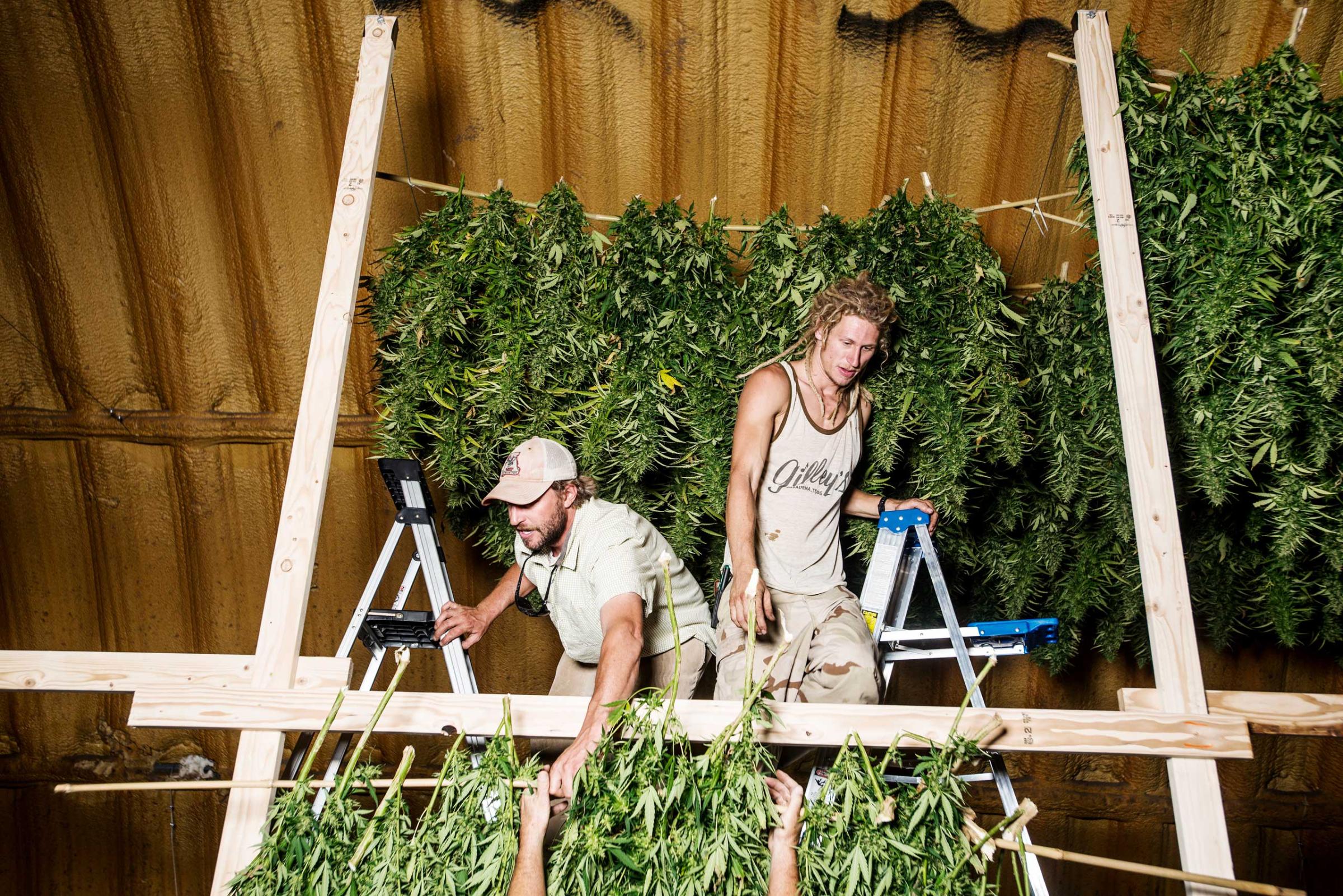
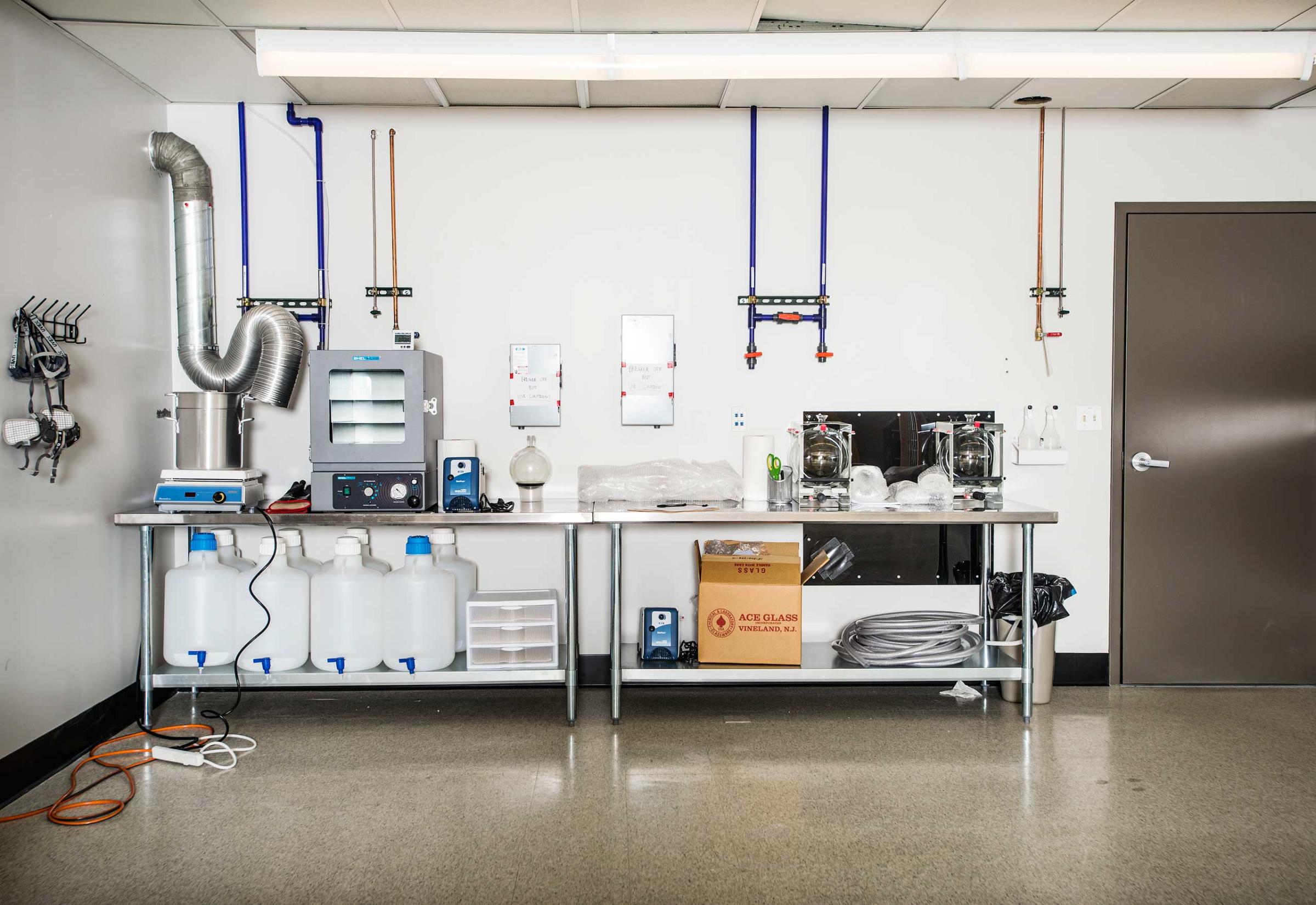

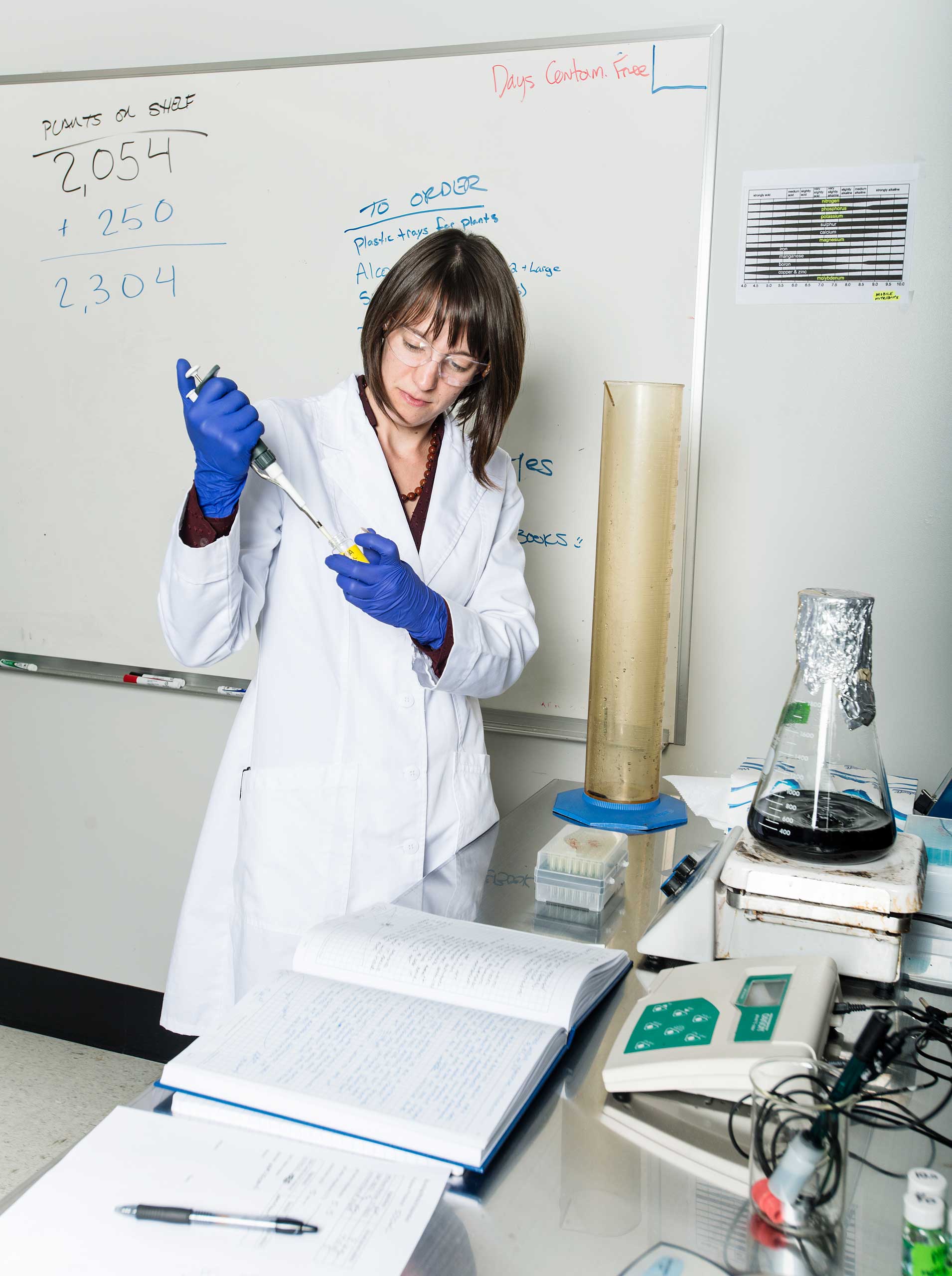

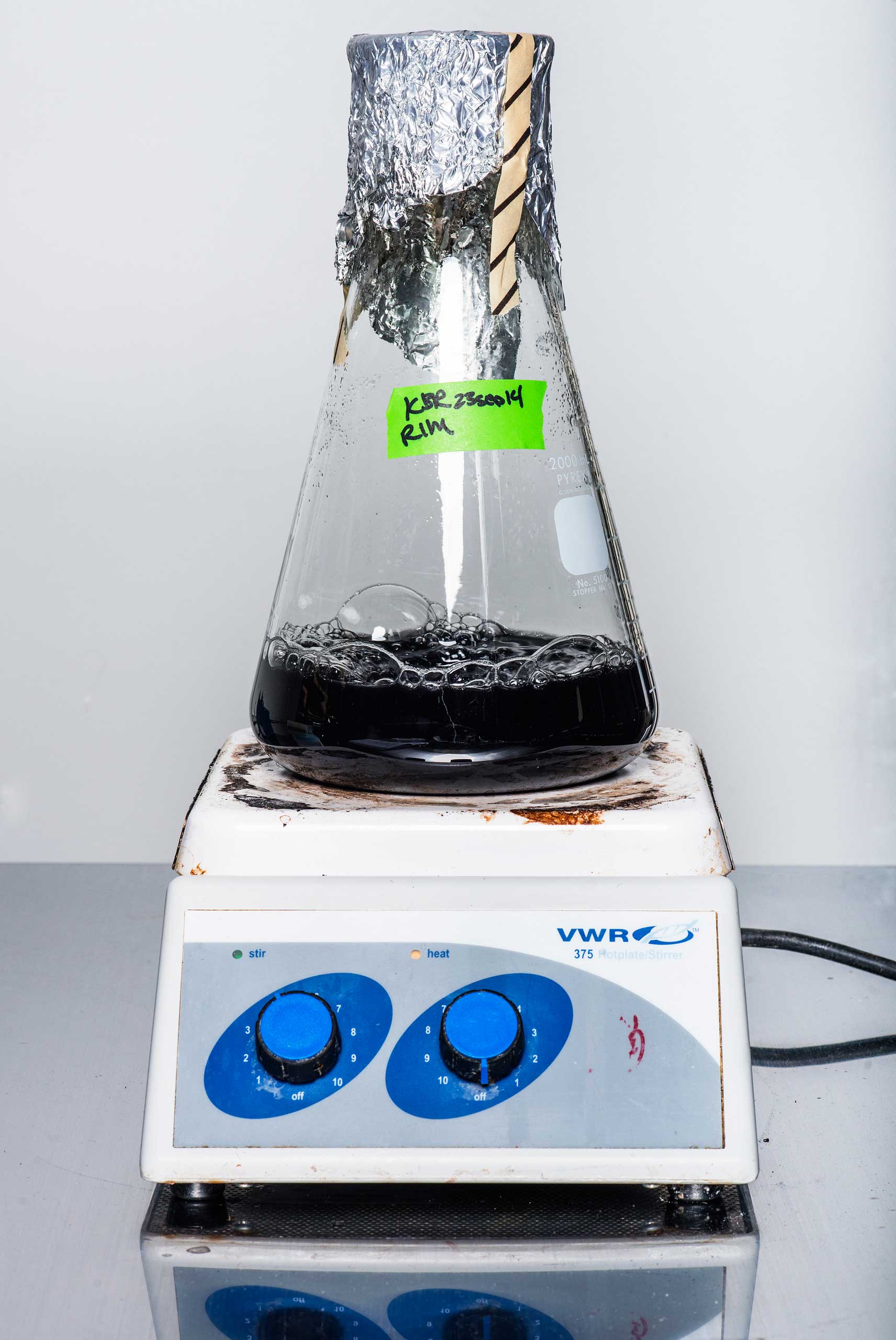
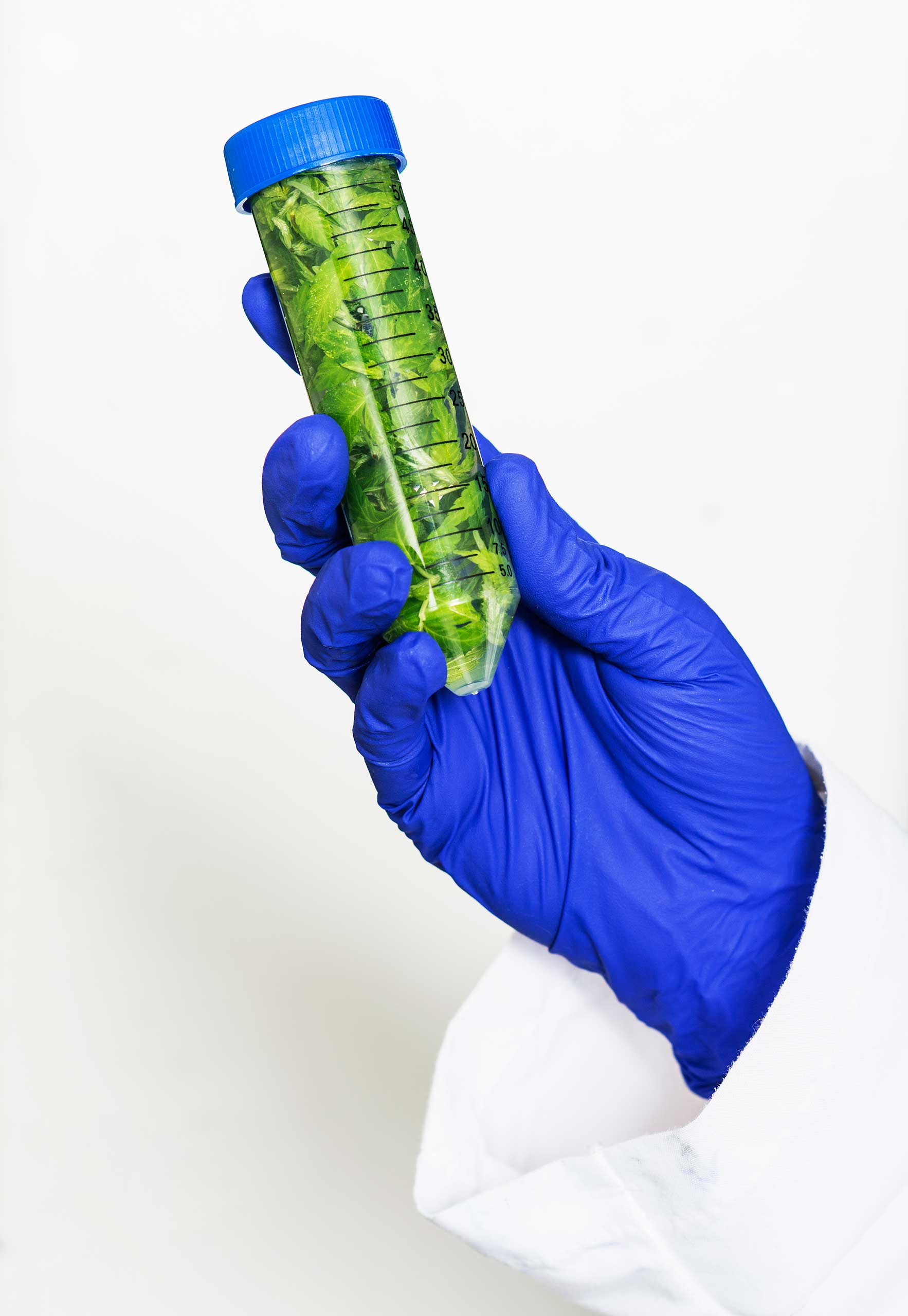
At Work
Then there’s our workforce. Despite the moderate unemployment rate, people are having an ever harder time finding a decent job, as I pointed out in a previous TIME article. The U.S. Bureau of Labor Statistics reports that the labor participation rate, the percentage of adults 16 to 64 that are employed or actively looking for work, is 62.8%, within 0.1% of the lowest point since early 1978. And those who are working are, on average, making less. An analysis of government data on income and poverty released in September found that “After adjusting for inflation, U.S. median household income is still 8 percent lower than it was before the recession, 9 percent lower than at its peak in 1999.”
Legalize pot and you have a workforce that is worth not more, but less—more likely to suffer from the poor memory, reduced motivation and emotional problems cited above. Kevin Sabet, former Obama White House drug policy advisor, wrote on CNN.com about a long list of problems that have occurred since legalization in Colorado, including “Employers…reporting more workplace incidents involving marijuana use.” Pot advocates claim that legalization will create jobs. It will cost jobs.
Those are statistics. Their impact is made more real with human stories. For example, I attended a party at which one attendee had worked on the assembly line in the Ford plant in Dearborn, Michigan. He said that workers would routinely be high on marijuana and pull such pranks as deliberately dropping a bolt into a car’s axle so that, when driven, the car would rattle. Why would they do that? Because the high workers thought it would be amusing to see if they could frustrate the Quality Assurance Team, which would hear a rattle in the car and it would take them hours to figure out what caused it. Pot did.
The human costs
Apart from the toll on businesses and consumers, pot imposes enormous human costs beyond measurable disease.
As a career counselor in the San Francisco Bay Area—epicenter of “medical” marijuana use–I’ve had many clients who need to find a job but are unmotivated and have poor memory. When I ask if they smoke or have smoked a lot of pot, their answer is usually yes.
Not only are such people likely to be un- or underemployed, their families must live with the consequences of poor motivation, memory and psychological functioning, which also often translates to being more difficult to live with: unwilling to keep their home clean, poor parenting, etc.
Legal pot doesn’t yield tax dollars. It costs tax dollars.
When unable to counter the above arguments against legalization, pot activists often shift to arguing that legalization will increase tax revenues. But the aforementioned Obama Administration report states that the additional revenue would be far outweighed by the increased health care costs. For example, that report summarizes a Centers for Disease Control-funded study: “The cost to society of alcohol alone is estimated to be more than 15 times the revenue gained by their taxation.”
What sorts of costs? Apart from the increase in the cost of treating physical and mental illness cited above, there’s the increase in vehicle accidents. A study by the National Highway Traffic Safety Administration found that 18 percent of drivers in fatal accidents tested positive for a non-alcoholic mind-altering drug, mainly marijuana. And this study found almost twice as many drivers in fatal car accidents tested positive versus a control group. And since legalization in Washington, data adapted from the Washington State Patrol and Washington State Toxicologist summarized by Project Sam, “a nonpartisan alliance of lawmakers, scientists and other concerned citizens,” found that in 2013, the percentage of vehicle accidents in which the driver tested positive for marijuana rose 40%. Contrast that with the two years before legalization: From 2011-2012, there was only a 0.7% increase, and from 2010-2011 also a 0.7% increase.
But what about medicinal use?
To the extent that marijuana is a medicinal drug of choice, it can be treated like any other prescription medicine. If a physician wants to prescribe it, the prescription can be filled at a pharmacy. No need to make it available over-the-counter for recreational use. After all, just because morphine has medical uses doesn’t mean it should be bought like any other retail item.
Make pot, alcohol and tobacco illegal.
Freedom is not an absolute good. It is a good that should, on a case-by-case basis, be weighed against the liabilities. For example, nearly everyone accepts these restrictions of freedom because of the benefits: We force people to pay more for cars by requiring that vehicles have anti-pollution devices, seat belts and airbags. We force the public to pay more for meat by requiring safety standards. We force people to not take a newly developed medication until it undergoes extensive testing for safety and efficacy.
When weighing the benefits and liabilities of marijuana, alcohol and tobacco, it seems clear that an out-and-out ban, while politically infeasible, is what government would enact if it truly cared about its residents. Like millions of Americans, I enjoy having a drink or even sometimes three. I have smoked pot. But I would gladly give them up for the societal benefit: less disease and fewer car accidents, more fully functioning people, a more employable work force and, in turn, better products and services, plus the richer lives people would lead.
Yes, prohibition would still leave a black market, but the perfect is the enemy of the good. When alcohol was made illegal during Prohibition, alcohol use dropped by 30% to 40%. (Here is the original study.) Decreasing marijuana and alcohol use 30% to 40% would yield greater benefit than almost any policy we could enact. Yet we’re hurtling in the opposite direction. We’re on our way to soon being able to get high legally anywhere in the U.S. Excuse me, I need a drink.
Marty Nemko holds a Ph.D. specializing in education evaluation from U.C. Berkeley and subsequently taught there. He is the author of seven books and an award-winning career coach, writer, speaker and public radio host specializing in career/workplace issues and education reform. His writings and radio programs are archived on www.martynemko.com.
More Must-Reads from TIME
- Donald Trump Is TIME's 2024 Person of the Year
- Why We Chose Trump as Person of the Year
- Is Intermittent Fasting Good or Bad for You?
- The 100 Must-Read Books of 2024
- The 20 Best Christmas TV Episodes
- Column: If Optimism Feels Ridiculous Now, Try Hope
- The Future of Climate Action Is Trade Policy
- Merle Bombardieri Is Helping People Make the Baby Decision
Write to Marty Nemko at mnemko@comcast.net